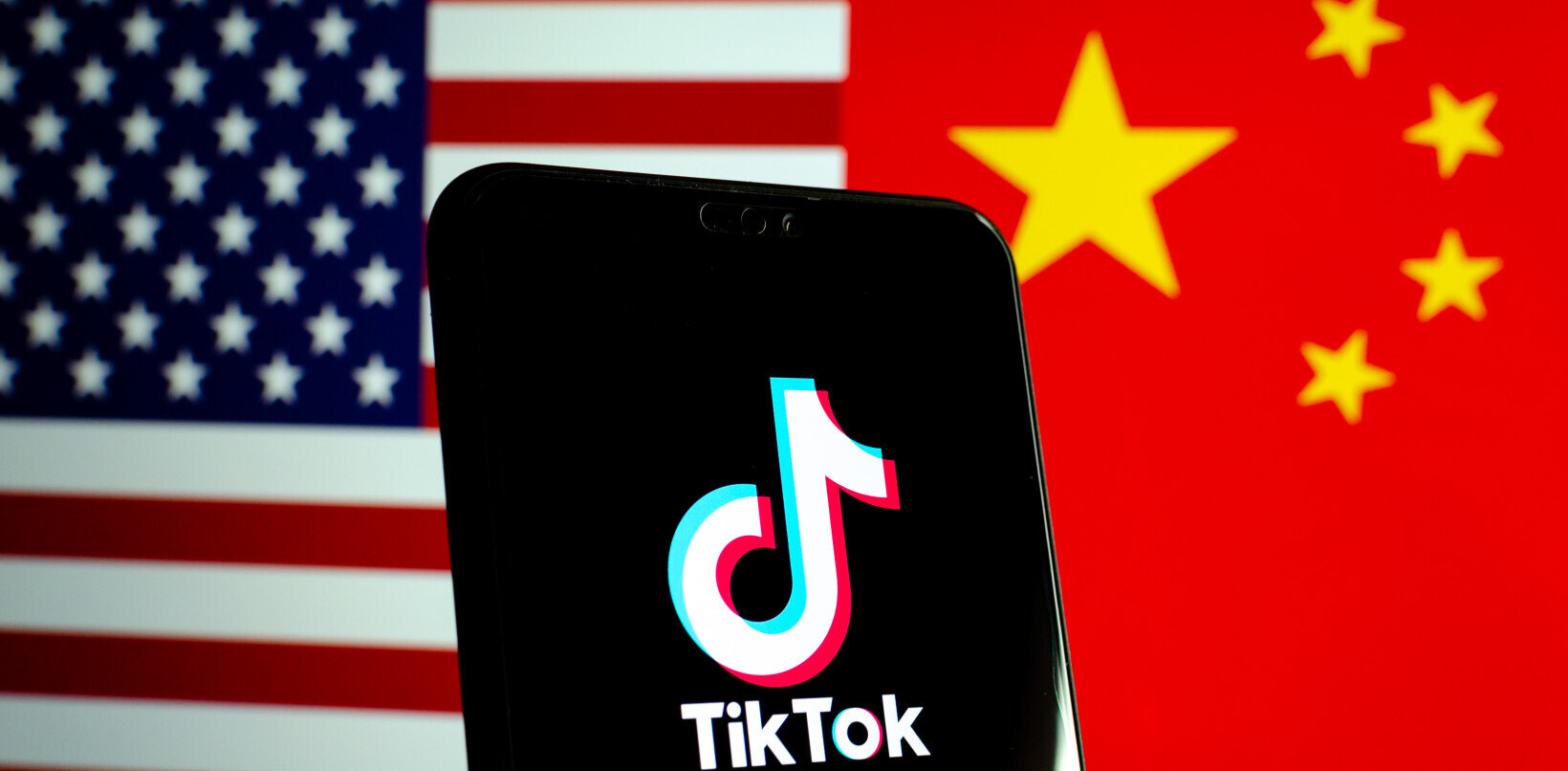
 Worldwide, if you ask any Internet user, the loudest request you’ll hear is for a faster connection. In the US, even Google has noticed that broadband speeds are far slower than they should be.
Worldwide, if you ask any Internet user, the loudest request you’ll hear is for a faster connection. In the US, even Google has noticed that broadband speeds are far slower than they should be.
Some recent research at MIT, however, promises speed increases via existing connections. What will it take? Let’s get geeky for a minute and have a look.
The problem with connections, as they stand today, is that data travels over a fiber optic network and then has to be translated to electrical signals to be processed by your local router. If you could eliminate the overhead of this translation, a group from MIT theorizes that we could see speeds “100 to 1000 times faster” than at present.
Vincent Chan, the lead researcher on the MIT project, is proposing a different answer to the translation. He calls this answer “flow switching“.
The idea is that if you take locations of high data (New York and Los Angeles are his examples) and provide a dedicated path, then you’ve eliminated the need for the conversion process entirely. Opening this path would allow the fiber optic connection to carry the data at its full speed capability, translating into faster connections for the end user.
Of course, this doesn’t entirely fix the end user problem. Once the data arrives to your local router, it will still have to be translated and then tossed to your computer. However, if overall throughput is increased, latency times across entire world networks could be greatly diminished.
The report, over on physorg, goes considerably more in depth than we’ll get into here. It’s well worth a read, even if you think your current connection is fast enough.
Get the TNW newsletter
Get the most important tech news in your inbox each week.




